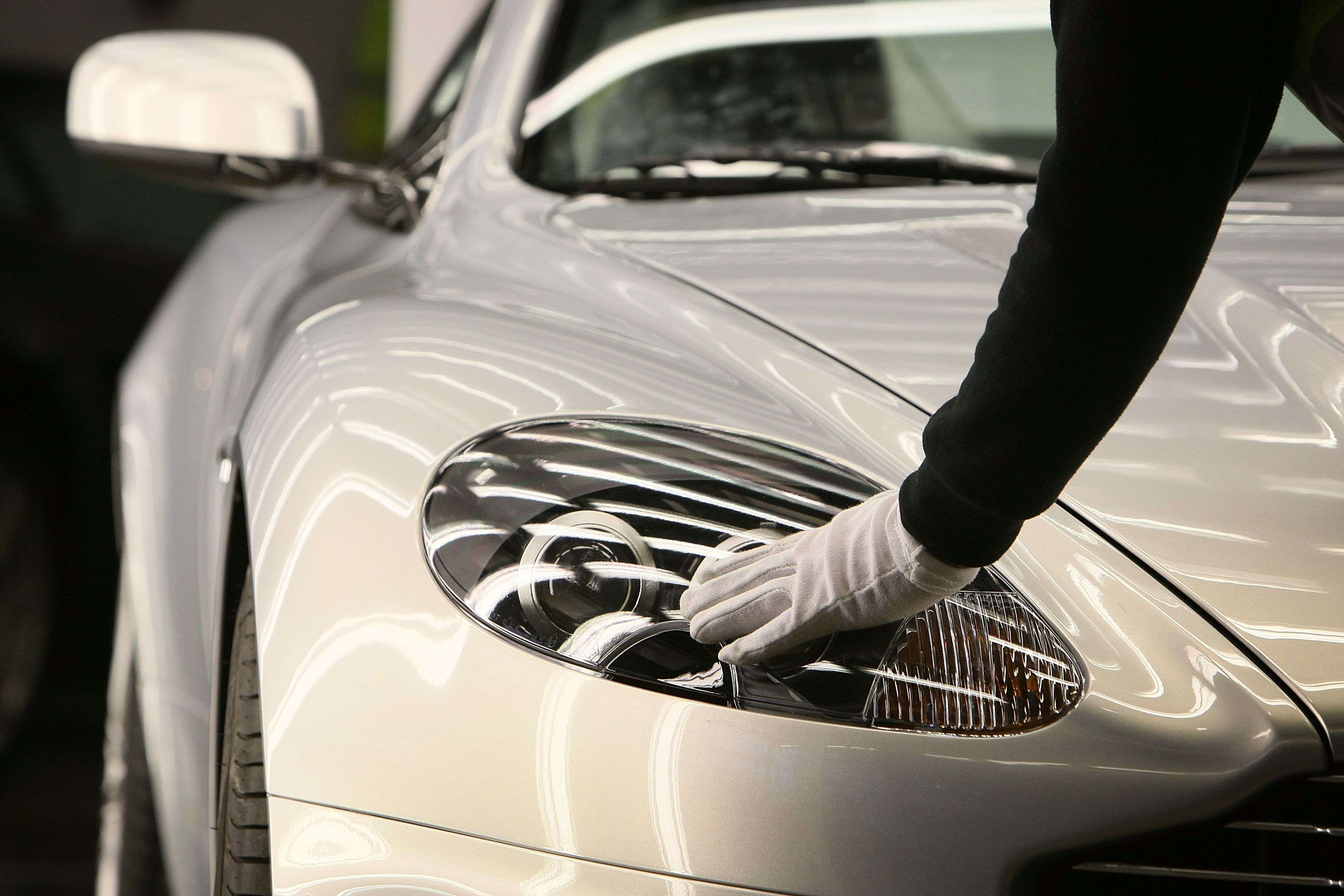You can carry on burning petrol and diesel in your car so long as it is a pricey, niche sports car. If you are a pleb who can only afford a family hatchback, on the other hand, you will have to convert to electric – and the government will pretend that it is saving you money. That just about sum up the government’s new policy on electric vehicles. The Zero Emission Vehicle mandate will be relaxed, but mostly for car manufacturers who produce fewer than 2,500 cars a year, who will be given a free pass. Given that these manufacturers – like Aston Martin – tend to be at the upper, more polluting end of the market, it is rather as if the government had just come up with a tax on airline travel which exempted private jets.
Perhaps I shouldn’t give them ideas. Don’t be surprised if that is next. That is the story of net zero all over. The normal rules of progressive taxation seem to be reversed. The wealthy get showered with subsidies, as well as being exempted from bans – just look at the billions which have been scooped up over the years in grants for buying electric cars, which at one time were £4,000 per vehicle, and the billions more which were received by owners of large properties for fitting heat pumps and biomass boilers. People of more modest means, who cannot afford to be the first-movers, get clobbered further down the road when the subsidies are withdrawn and government mandates the new product for everyone.
It makes it even more objectionable when government pretends that the policy is saving people money. According to Ed Miliband the ban on petrol and diesel cars will save us money because electric ones are cheaper to run. Not only does that ignore the purchasing cost, it also overlooks the tax situation. The picture will be very different when the government cooks up new motoring taxes to reclaim the £24 billion in fuel duty which it is due to lose as petrol and diesel cars gradually disappear.
This week’s changes will include one modest gain for ordinary motorists who don’t want to buy a pure electric car – at least in theory. Having made a great song and dance about returning the ban on petrol and diesel cars from 2035 to 2030 – and accusing Rishi Sunak of undermining the car industry by relaxing the ban – it will now be returned to 2035.
Moreover, it will allow all hybrids – not just plug-in ones – to be manufactured up until that date. This is now the history of the ban on petrol and diesel hybrids: it was introduced in 2018 as a ban to take effect from 2040. Then, in February 2020, Boris Johnson’s government brought it forward to 2035. Nine months later it was brought forward again to 2030. In 2023, Rishi Sunak put it back to 2035. In 2024, Labour’s manifesto promised to bring it back to 2030, saying it would ‘provide certainty’ for the car industry. Now, however, it appears that hybrid models will be spared.
How can any car manufacturer cope with this idiotic chopping and changing? It takes years to design new vehicles and prepare factories for their manufacture. No company committing itself to producing a new hybrid car that will be in production until 2035 can be sure that it will not have to rug pulled from under its feet again. So even if the target for hybrids is relaxed, don’t necessarily expect there will be any new models to buy.









Comments